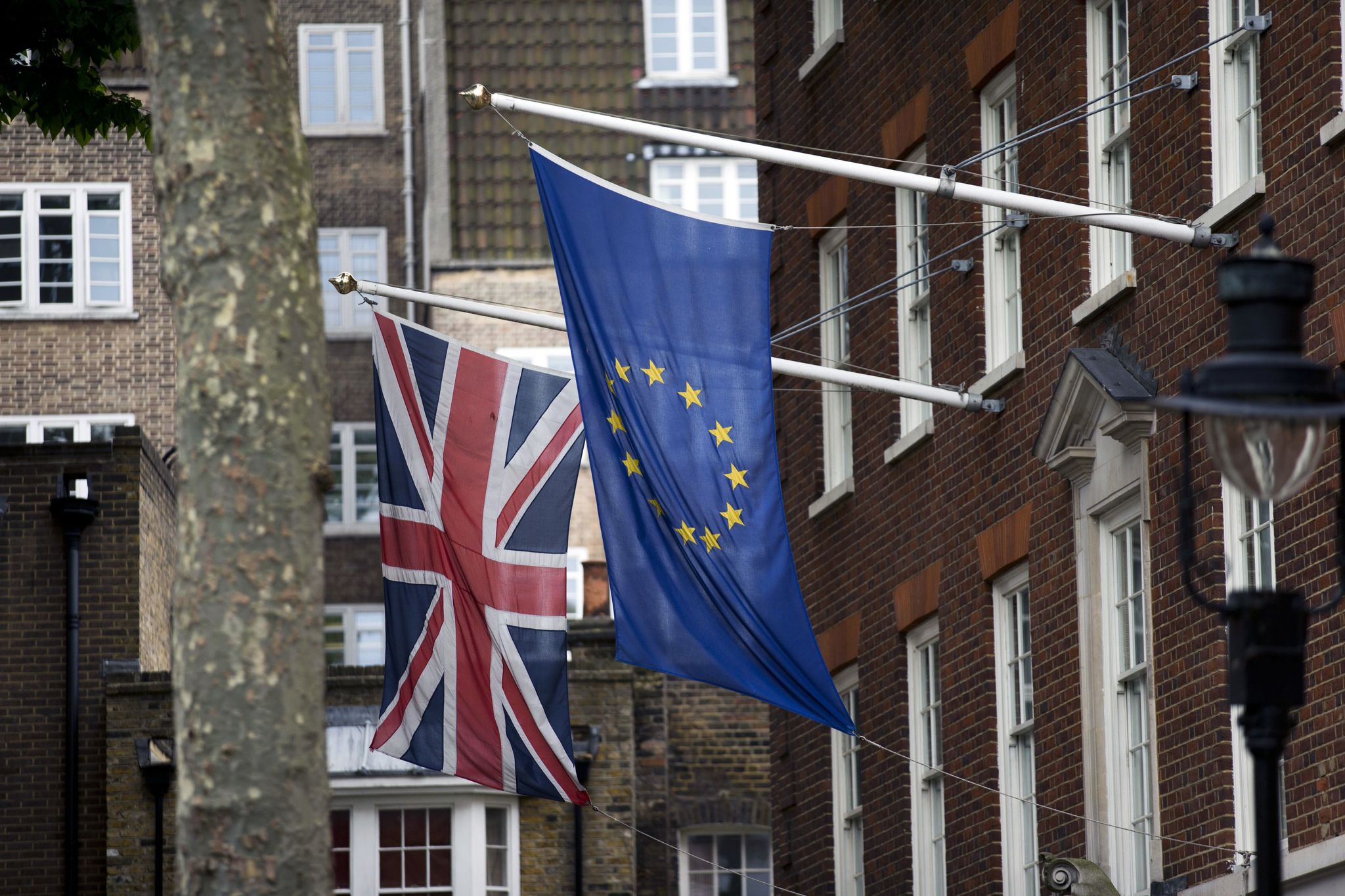In Britain, the debate over whether to remain in the European Union is an impassioned one, an existential crisis of national identity that has inspired protests along the famed River Thames and divided families from Sheffield to Southampton.
But here across the pond, the idea of a Brexit can seem like an abstraction. It’s one of those vague global uncertainties that seem to perpetually threaten, but never quite derail, the U.S. economy. The financial ripple effects are complex, and the political consequences have been eclipsed by the horror over the Orlando shootings and the drama of our presidential election.
Yet with one day to go until Britain holds its referendum, many Americans may be wondering what Brexit would mean to them. Here’s a look at the three perhaps unexpected ways what happens in Britain could affect your budget.
???
Mortgage rates have plunged to the lowest level in three years in recent weeks as the Federal Reserve has begun to fear that Brexit might become a reality. The latest data from housing giant Freddie Mac shows the average interest rate on a 30-year conventional loan at 3.54 percent, compared with more than 4 percent a year ago.
This is not what most economists expected to happen this year. That is because mortgage rates are closely tied to the yield on 10-year U.S. government bonds. Those, in turn, have historically been influenced by the Fed’s benchmark overnight lending rate.
In December, the Fed raised its interest rate for the first time since the recession and signaled it planned to make four more hikes this year. The anticipation of higher rates from the Fed pushed up 10-year Treasury yields, and mortgage rates followed.
But the Fed has not hiked rates again. It was forced to reevaluate its plans amid weakness in the global economy. Just last week, Fed officials voted to remain on hold, and they cited the risks surrounding Brexit as an important factor. Consequently, yields on 10-year Treasury notes fell to levels not seen since 2012.
???
Many Americans are invested in the stock market through their retirement plans: About half of America’s full-time workers participate in their company’s 401(k), according to the Pew Charitable Trusts. Those investments leave them exposed to financial-market turmoil surrounding Brexit.
Already, even small shifts in polling ahead of the vote have caused much larger swings in financial conditions. Over the past month, London’s major stock market index dropped nearly 6 percent before regaining ground in the past few days.
Other international indexes have experienced similar moves, on a smaller scale. On Wall Street, the direct exposure to Britain is not huge. Companies listed on the S&P 500 derive 2.9 percent of their sales from Britain and 11.5 percent from all of Europe, according to FactSet. But analysts say the worst-case scenario is that Britain’s decision to leave creates political and economic upheaval that sends investors running for the exits, catalyzing a sell-off in global markets that tests the stability of the international financial system.
Scary stuff — but it hasn’t happened yet and may not occur at all. Retirement plans are long-haul investments, so most financial advisers don’t recommend making significant changes to your portfolio when faced with turbulence. Still, you may not want to look at your quarterly statement until after the dust settles.
???
The summer months are a lovely time to visit sunny old England. You can fly kites at the Portsmouth International Kite Festival, catch the Who at the Isle of Wight Festival or celebrate the Magna Carta at Hedingham Castle. Nearly 10 percent of tourists in Britain last year came from the United States, according to government statistics, and Americans spent more than any other nationality — an average of $4,418.
The good news for Americans is that the exchange rate has gotten better as a potential Brexit has neared. (It’s not such good news for the British, but that’s a separate story.) The pound is now worth $1.47, down roughly 8 percent from a year ago. The pound has fluctuated wildly in recent months, and Goldman Sachs recently predicted it could drop 10 percent or more if Britain leaves the EU.
Talk to us
> Give us your news tips.
> Send us a letter to the editor.
> More Herald contact information.
























